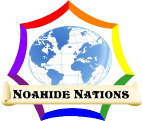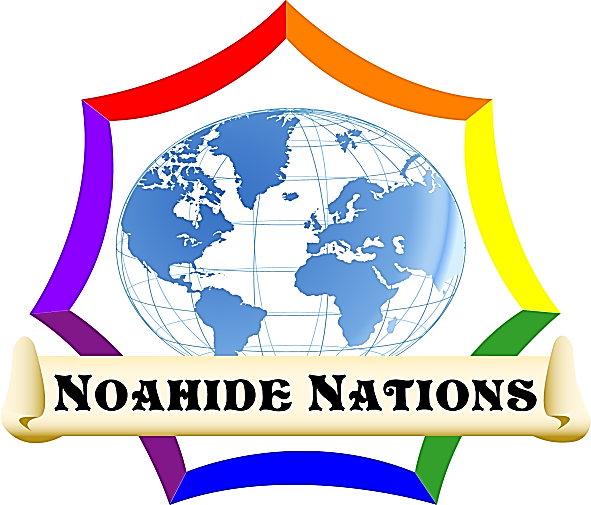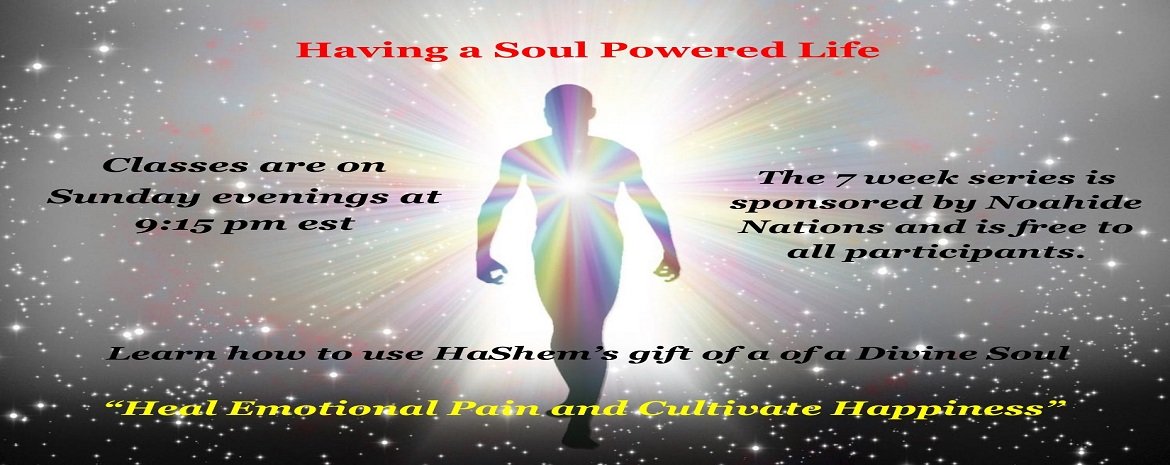
What is Torah?
- Category: Noahide Laws
- Hits: 4973

When the word Torah is used it is meant in several ways. These different meanings often create some amount of confusion to the uninitiated. The confusion disappears the better one understands what is meant by Torah and when and how these different meanings ought to be applied. When we speak of Torah we might mean it one of several ways. The first way refers specifically to the first five books of Moses (Genesis through Deuteronomy). Another way is to speak of the oral Torah. At Mt. Sinai God gave the children of Israel two Torahs, a written Torah and an oral Torah. Although the written Torah tells the Jewish people what they should do; it is often unclear how they should do it. Part of the difficulty of how to do something is by not understanding the meaning of words. When the Torah says,
"...the seventh day is the Sabbath of the Lord thy God; in it thou shalt do no labor" (Exodus 20:10).
The question is "what does the word "labor" mean?" How do we define labor to know what actions we should not do to avoid breaking this commandment?
"The basic task of the oral law, therefore, was to transmit the meaning of words" (The Essential Talmud, 11).
Only with the oral Torah is it possible to understand labor in its original meaning, the meaning that existed at Mt. Sinai. Those that do not possess this knowledge are forced to make up their own oral Torah to determine what is considered labor. Although many would claim that the oral Torah is an invention of the Rabbis. Anyone that actually tries to keep the Torah is forced, in some way, to create their own oral Torah. Even groups like the Kairites, people who claim only the written Torah is from God, are forced to invent their own oral tradition. It is clear, then, that the Jewish people's claim of an oral Torah is not unfounded or unreasonable. This oral Torah is just as important to gentiles as it is to the Jewish people since it is the oral Torah that tells us, specifically, about the Noahide Laws. If we are studying any of the other parts of the Hebrew Scriptures (Tanach), Torah, Prophets, and Writings; this is also called studying Torah. This is because the Tanach either explains or gives us examples of the Torah in action. Therefore, the Prophets and Writings support and do not contradict the Torah. The Tanach aids the student of the Torah in seeing practical applications of their commandments. The final way that Torah is meant is to refer to anything that helps expand our understanding of God's Torah. Whether we study astronomy or physics, or even philosophy if this study is meant to aid in our understanding and appreciation of Torah it too is called studying Torah. As we see Torah is meant in four ways. It is meant as written Torah, Oral Torah, Tanach, and finally as secular matters studied for the sake of understanding Torah. This clarity on the use of the word Torah will aid the Torah student in future studies. When reading the word Torah it is important to determine which of these definitions is meant. NEXT: Now that we have defined Torah we need to define an equally useful term "halachah."


 French (FR)
French (FR)  English (UK)
English (UK) 




